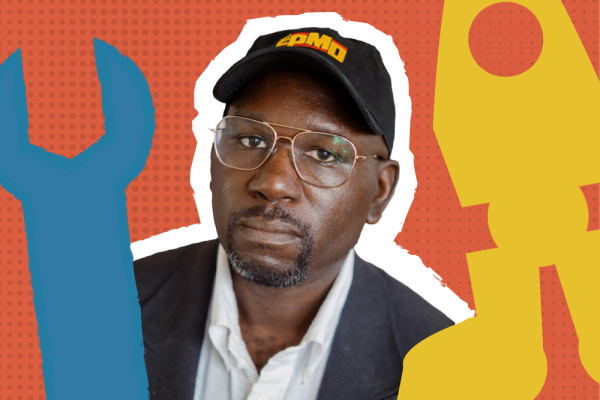Apr 1, 2025
The Constitution isn’t just a symbol, it’s the base document for our democratic republic. And Jamelle Bouie says that in a time of crisis, it's important to remember that in a democracy, we have ownership over its meaning.
Read the Full Article

Already a subscriber? Login
